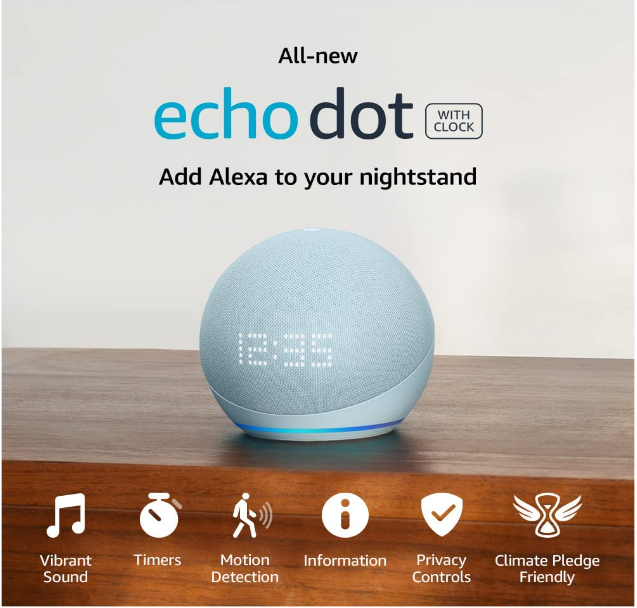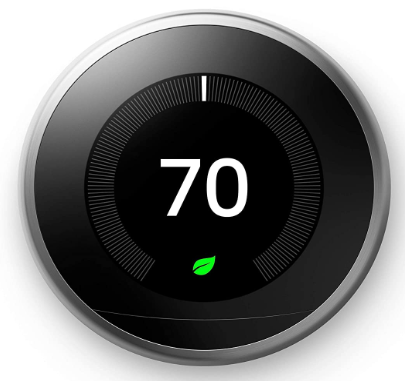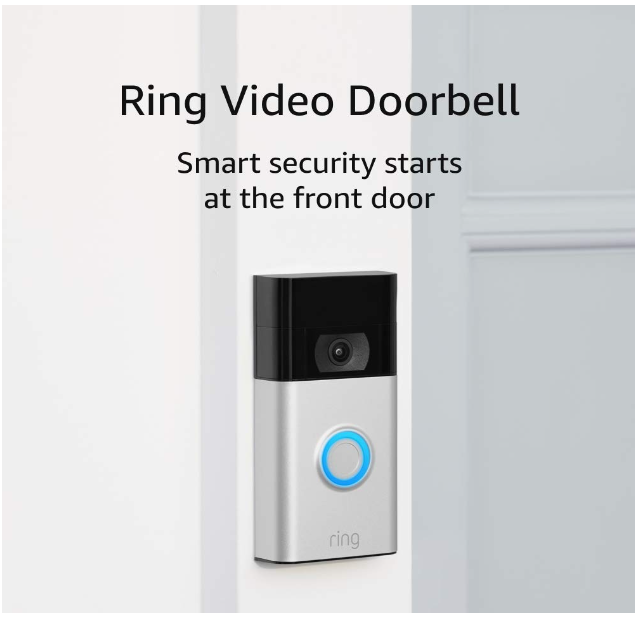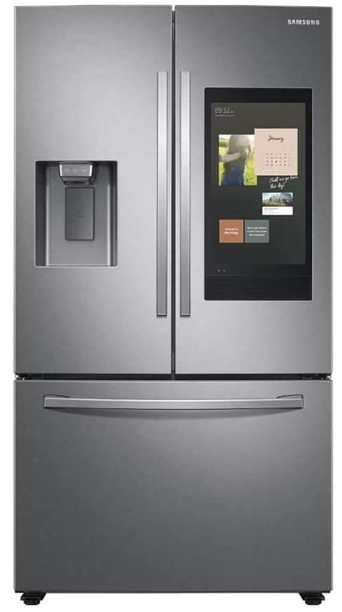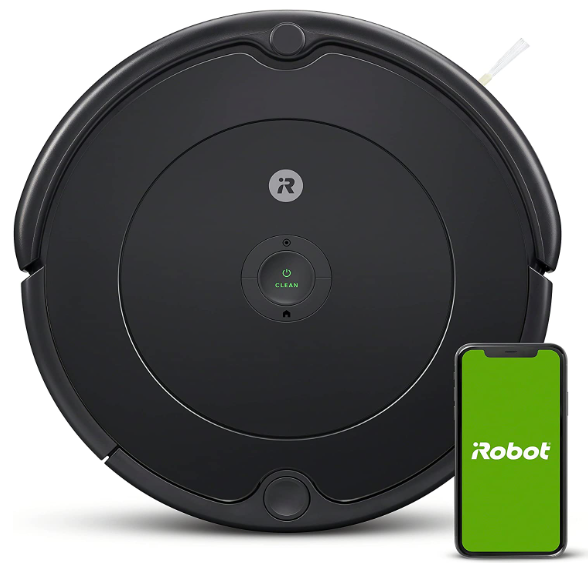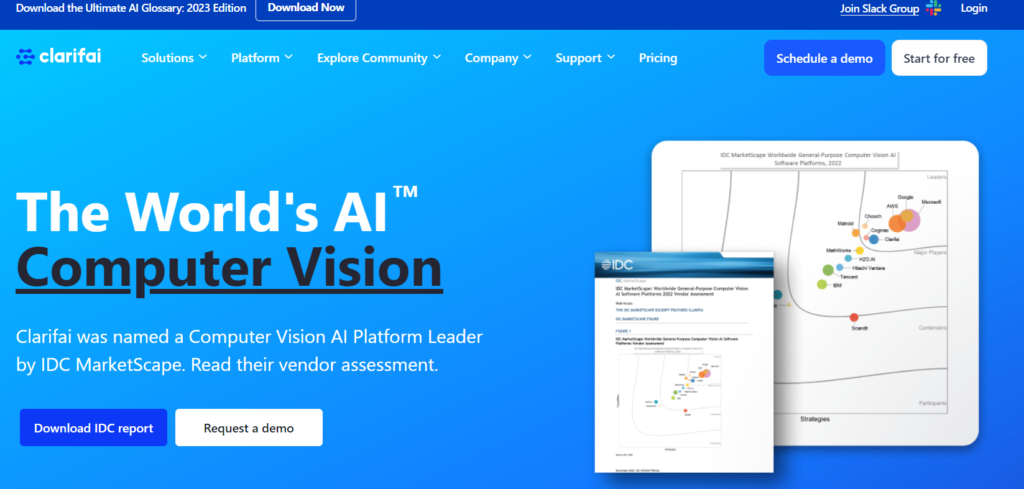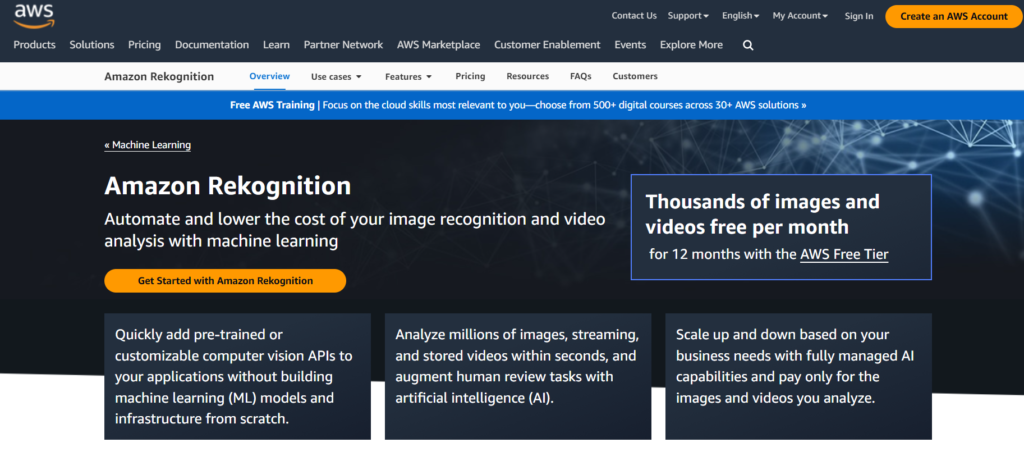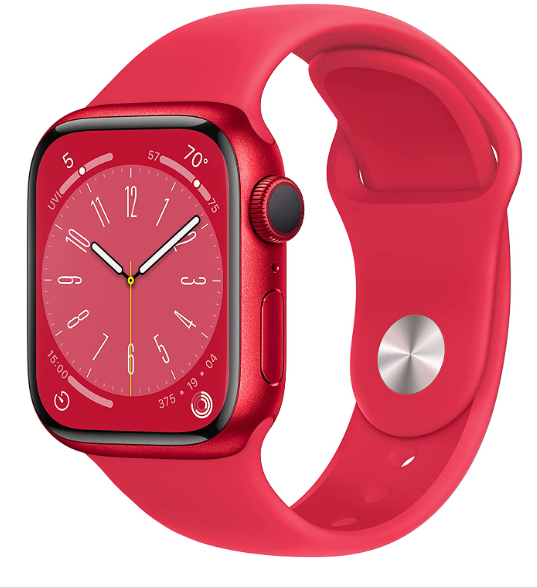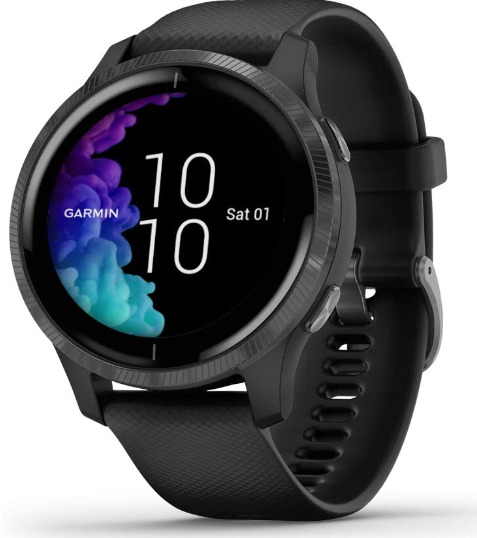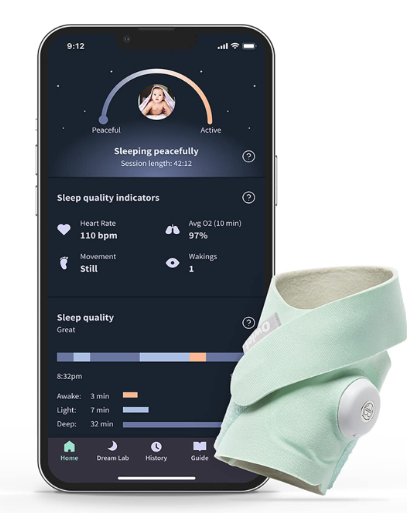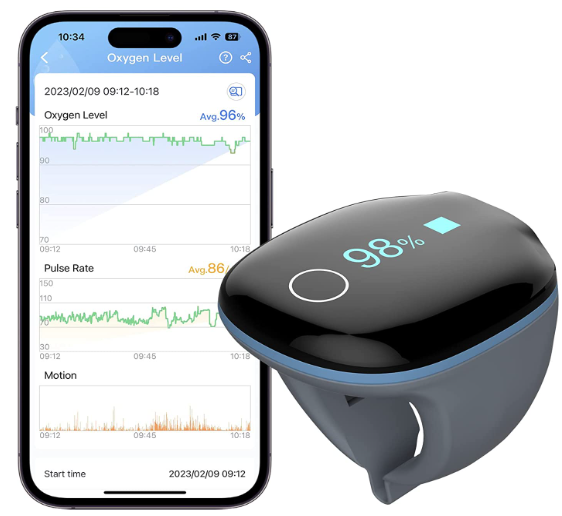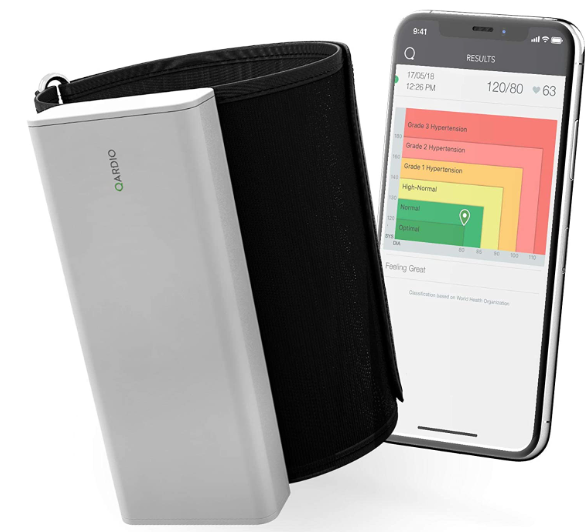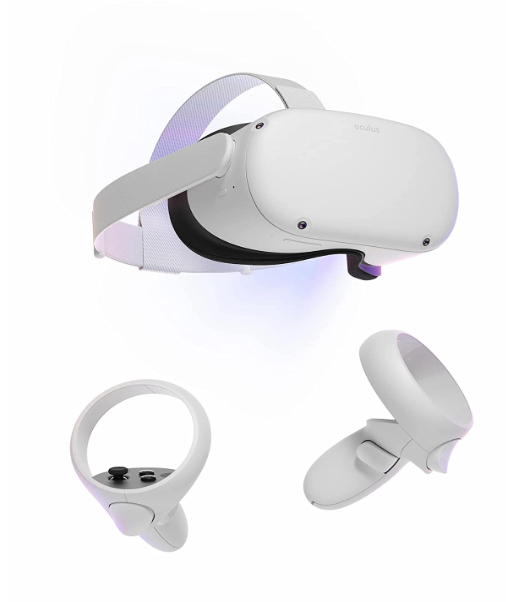Hey there! Have you ever heard of AI products? If you haven’t, you’re in for a treat!
AI stands for Artificial Intelligence, and it’s a technology that allows machines to learn and make decisions on their own.
In recent years, we’ve seen a surge in the development of AI products that have changed how we live our lives.
The possibilities are endless, from smart home devices to health and wellness products.
This blog post will explore some of the best AI products available in 2023.
So, if you’re ready to see how AI shapes the future, keep reading!
Discover the world of AI and how it’s changing how we live and work. Read our latest blog post, What Is AI? The Best Sci-Fi Technology That’s Now A Reality! (2023) now!
Table of Contents
What are AI-powered products?
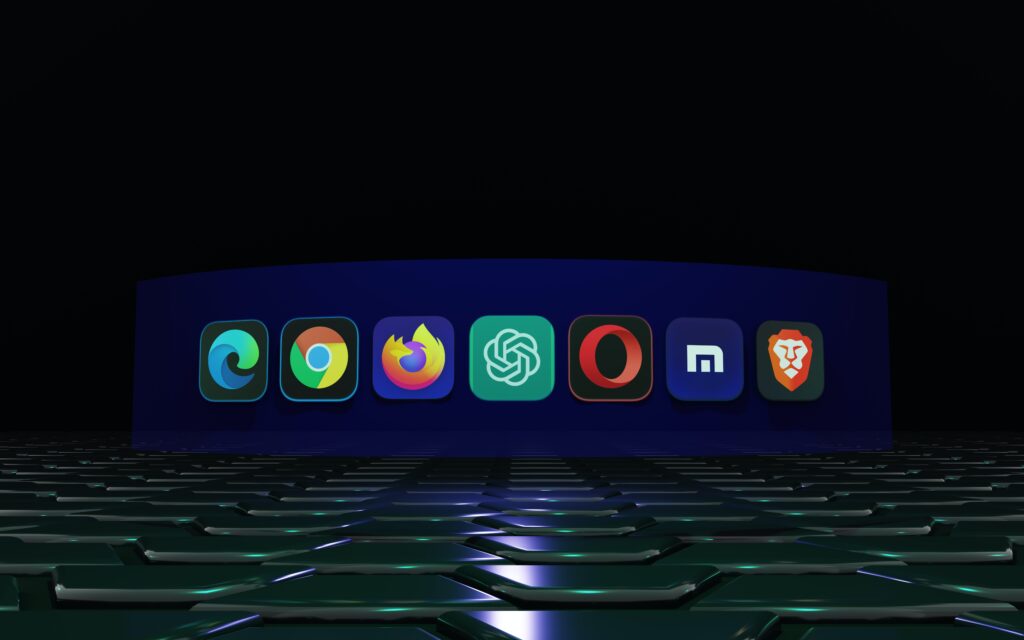
AI-powered products are becoming increasingly popular across various industries, including healthcare, finance, entertainment, etc.
These products leverage AI algorithms to analyze vast amounts of data, identify patterns, and make decisions based on the analysis.
They are designed to perform tasks that typically require human intelligence, such as language translation, image recognition, and voice commands.
One of the critical advantages of AI-powered products is their ability to learn from their interactions with users and improve their performance over time.
They become better at predicting outcomes and making accurate decisions as they receive more data.
For instance, AI-powered virtual assistants such as Siri, Alexa, and Google Assistant can learn about a user’s preferences, search history, and habits to provide more personalized recommendations and responses.
Moreover, AI-powered products are designed to optimize efficiency and reduce the risk of errors.
| Advantages of AI Products | Non-AI Products |
|---|---|
| Faster and more efficient processing of data and tasks | Slower and less efficient processing |
| Can learn and adapt to new situations and data | Cannot learn and adapt |
| Can perform complex tasks with a high degree of accuracy | Limited in their ability to perform complex tasks accurately |
| Can analyze and provide insights from large amounts of data | Limited in their ability to analyze large amounts of data |
| Can operate 24/7 without breaks | Require breaks and cannot operate 24/7 |
| Can reduce the risk of human error | Prone to human error |
| Can improve productivity and reduce costs | May increase costs and lower productivity |
| Can improve customer experiences and satisfaction | May lead to poor customer experiences and dissatisfaction |
| Can provide better security and reduce fraud | Limited in their ability to provide security and prevent fraud |
| Can enable more personalized experiences | Cannot provide personalized experiences |
For example, in the healthcare industry, AI-powered medical devices can analyze medical images to identify anomalies and help doctors make more accurate diagnoses.
In finance, AI-powered trading platforms can analyze market trends and make trades based on data-driven predictions.
AI-powered products can also automate repetitive tasks, freeing up time for humans to focus on more complex and creative tasks.
AI Products for Your Home

Smart home devices and appliances have become increasingly popular in recent years as more and more people seek out convenient and efficient solutions for managing their homes.
With AI technology, these devices can learn and adapt to users’ behaviors and preferences, making them even more intuitive and user-friendly.
Smart Home Devices
Smart home devices have become increasingly popular in recent years. The most popular devices include Amazon Echo, Google Nest, and Ring Doorbell.
Amazon Echo
The Amazon Echo, also known as Alexa, is a smart speaker that uses voice recognition technology to play music, make calls, set reminders, and more. It can also control other smart home devices, such as lighting systems and thermostats, making it a convenient addition to any smart home.
Google Nest
Google Nest, formerly Google Home, is another popular smart home device. It uses Google Assistant to control smart home devices, set reminders, and answer questions. It can also connect to other smart devices, such as cameras and thermostats, allowing seamless integration.
Ring Doorbell
Ring Doorbell is a smart doorbell that uses motion sensors and cameras to detect when someone is at the door. In addition, it can send alerts to a user’s smartphone, allowing them to see and communicate with the person at the door even when they are not home. Ring Doorbell also offers other smart home devices, such as security cameras and outdoor lighting systems, making it a popular choice for those looking to improve their home’s security.
Overall, smart home devices such as Amazon Echo, Google Nest, and Ring Doorbell offer a range of benefits that can make life more convenient, efficient, and secure.
Smart Appliances

Smart appliances have become increasingly popular in recent years. The most popular smart appliances include the Samsung Family Hub Refrigerator, LG Smart ThinQ Oven, and iRobot Roomba Vacuum.
Samsung Family Hub Refrigerator
The Samsung Family Hub Refrigerator is a smart refrigerator with a built-in touchscreen display and voice control. It can keep track of food inventory and expiration dates and even suggest recipes based on the ingredients available in the fridge. The Family Hub Refrigerator also offers other features, such as music streaming and home automation control, making it a convenient addition to any smart home.
LG Smart ThinQ Oven
The LG Smart ThinQ Oven is a smart oven that can be controlled remotely via smartphone or voice assistant. In addition, it features a built-in recipe library. It can even suggest cooking times and temperatures based on the food type. The Smart ThinQ Oven also offers self-cleaning and rapid preheating features, making it a popular choice for those looking to make cooking easier and more efficient.
iRobot Roomba Vacuum
The iRobot Roomba Vacuum is a smart vacuum that uses mapping technology and sensors to clean floors efficiently and effectively. It can be controlled remotely via smartphone and can even be set to clean specific rooms or areas of a home. The Roomba Vacuum also offers features such as automatic recharging and obstacle avoidance, making it a convenient addition to any smart home.
Overall, smart appliances such as the Samsung Family Hub Refrigerator, LG Smart ThinQ Oven, and iRobot Roomba Vacuum offer a range of benefits that can make life more convenient, efficient, and enjoyable.
As technology advances, we can expect even more innovative smart appliances that will transform how we live in our homes.
AI Products for Your Business

AI products for businesses have become increasingly popular in recent years. The most popular products include chatbots, personal assistants, and image recognition software.
Chatbots
Chatbots have become increasingly popular in recent years, and some of the most popular platforms include Intercom, Zendesk, and Drift.
Intercom
Intercom is a popular chatbot platform used by businesses of all sizes. Its chatbot can be customized to handle various tasks, such as answering frequently asked questions, providing support, and even qualifying leads. Intercom’s chatbot is also equipped with natural language processing (NLP), allowing it to understand and respond to customer inquiries more effectively.
Zendesk
Zendesk is another popular chatbot platform businesses use to handle customer inquiries and support requests. Its chatbot is designed to provide fast and accurate responses to customers, helping to improve customer satisfaction and retention. Zendesk’s chatbot can also be integrated with other business tools, such as CRMs and helpdesk software.
Drift
Drift is a conversational marketing platform that utilizes chatbots to help businesses generate leads and drive sales. Its chatbot can be customized to answer customer questions, schedule meetings, and even book appointments. Drift’s chatbot is also equipped with AI technology, allowing it to learn and adapt over time to provide more effective and personalized customer responses.
Chatbots have become a popular tool for businesses to improve customer service, generate leads, and automate routine tasks.
As technology advances, we can expect even more innovative chatbot platforms to emerge, providing more opportunities for businesses to improve their operations and grow their customer base.
Personal Assistants

Personal assistants have become increasingly popular in the workplace, and some of the most popular platforms include x.ai, Clara, and Zoom.ai.
Clara

Clara is another popular personal assistant platform designed to help users manage their workday. It can handle tasks such as scheduling meetings, managing emails, and booking travel. Clara’s AI-powered assistant can also learn over time, providing users with more personalized and effective assistance.
Zoom.ai
Zoom.ai is a conversational AI assistant designed to help users automate routine tasks such as scheduling meetings, generating reports, and managing contacts. Its AI assistant can communicate via email or instant messaging, making it easy for users to interact with the platform in a way that works best for them.
x.ai
x.ai is an AI-powered personal assistant used to schedule meetings and manage appointments. Its virtual assistant, known as “Amy,” can communicate with others via email to schedule meetings, making organizing schedules more efficient and streamlined.
Personal assistants have become a valuable tool for businesses and individuals looking to improve their productivity and streamline their workflow.
As technology advances, we can expect even more innovative personal assistant platforms to emerge, providing more opportunities for businesses and individuals to improve their daily operations.
Image Recognition

Image recognition is a rapidly growing area of AI technology. The most popular platforms include Clarifai, Imagga, and Amazon Rekognition.
Clarifai
Clarifai is an AI-powered image and video recognition platform that can be used for various applications, from content moderation to product recommendations. Its advanced image recognition algorithms allow it to recognize objects, faces, and scenes within images, providing valuable insights to businesses and individuals.
Imagga
Imagga is another popular image recognition platform that offers a range of advanced image analysis and tagging features. Its image recognition capabilities allow it to recognize objects, colors, and other vital features within images, providing valuable data to businesses and individuals looking to optimize their image-based workflows.
Amazon Rekognition
Amazon Rekognition is an AI-powered image and video analysis platform that can be used for various applications, from facial recognition to content moderation. Its advanced image recognition algorithms allow it to identify objects, people, and scenes within images and video, providing valuable insights to businesses and individuals looking to optimize their visual content.
Overall, image recognition is a rapidly growing area of AI technology. However, these platforms represent a few options for businesses and individuals looking to optimize their image-based workflows.
As technology advances, we can expect even more innovative image recognition platforms to emerge, providing even more opportunities for businesses and individuals to leverage the power of AI in their daily operations.
AI Products for Health and Wellness

AI products for health and wellness have become increasingly popular in recent years. The most popular products include smart wearables, telemedicine, and health monitoring devices.
Smart Wearables
Smart wearables have become increasingly popular in recent years. Some of the most popular products include Fitbit, Apple Watch, and Garmin.
Fitbit
Fitbit is one of the most well-known brands in the smart wearable market. Fitbit devices track various health metrics, including heart rate, sleep quality, and physical activity. In addition, the company’s mobile app allows users to set goals, track progress, and connect with friends and family to compete or share progress.
Apple Watch
The Apple Watch is another popular smart wearable with many features beyond fitness tracking. For example, the device includes built-in cellular capabilities, allowing users to make calls and send messages without a phone. In addition, it has various health and wellness features, including heart rate monitoring and fall detection.
Garmin
Garmin is a popular smart wearable brand focused primarily on fitness and outdoor activities. The company’s devices, including features like GPS tracking, route planning, and advanced training metrics, are designed for runners, cyclists, and outdoor enthusiasts.
Overall, smart wearables offer a range of benefits for individuals looking to improve their health and fitness. The device market continues to grow as technology improves and new features are introduced.
Whether you’re a serious athlete or just looking to improve your daily habits, there’s likely a smart wearable out there that can help you reach your goals.
Telemedicine

Telemedicine has become increasingly popular in providing medical care to patients in remote or underserved areas. The most popular telemedicine providers include Doctor on Demand, Teladoc, and MDLive.
Doctor on Demand
Doctor on Demand is a telemedicine platform allowing patients to connect with a board-certified physician or mental health professional via video or phone. The platform offers various services, including urgent care, preventative care, and mental health counseling.
Teladoc
Teladoc is another popular telemedicine provider offering various services, including virtual doctor visits, behavioral health counseling, and dermatology consultations. The platform also includes a mobile app allowing patients to connect with a doctor anywhere.
MDLive
MDLive is a telemedicine provider that offers virtual doctor visits, behavioral health counseling, and dermatology consultations, among other services. The platform also includes a mobile app that allows patients to access care from their phones or tablet.
Overall, telemedicine offers a convenient and accessible way for patients to access medical care, particularly in areas where in-person visits may be difficult or impractical.
As technology improves and telemedicine platforms become more widespread, patients will likely turn to telemedicine for the care they need.
Health Monitoring Devices

Health monitoring devices have become increasingly popular for tracking and monitoring various health metrics. Some popular devices include the Owlet Smart Sock, Withings Sleep Analyzer, and Qardio Blood Pressure Monitor.
Owlet Smart Sock
The Owlet Smart Sock is a wearable device that tracks a baby’s heart rate and oxygen levels while they sleep. The device alerts parents if there are any abnormalities in the baby’s breathing or heart rate, giving them peace of mind and allowing them to intervene if necessary.
Withings Sleep Analyzer
The Withings Sleep Analyzer is a device that tracks and monitors a person’s sleep patterns, including how long they sleep, the quality of their sleep, and any interruptions or disturbances. The device provides personalized recommendations to help users improve their sleep quality and overall health.
Qardio Blood Pressure Monitor
The Qardio Blood Pressure Monitor is a device that allows users to track and monitor their blood pressure from the comfort of their own homes. The device provides accurate readings and stores the data on a mobile app, allowing users to easily track their blood pressure over time and share it with their healthcare provider.
Overall, health monitoring devices offer a convenient and accessible way to track and monitor various health metrics. They can be particularly useful for individuals with chronic conditions or those looking to improve their health and wellness.
As technology improves and more devices become available, health monitoring devices will likely become more popular and widespread.
AI Products for Entertainment

Artificial intelligence is not only useful in the fields of business and health, but it has also found its way into entertainment.
AI is being used to enhance user experience and provide more personalized recommendations in the entertainment world. Here are some popular AI products in the entertainment industry:
Streaming Services
Netflix, Amazon Prime, and Hulu all use AI in different ways to enhance the user experience and provide personalized content recommendations.
Netflix
Netflix’s recommendation system is powered by machine learning algorithms that analyze users’ viewing history, search queries, and other data to suggest content they will likely enjoy. This technology constantly evolves and improves as more data is collected, allowing for increasingly accurate recommendations.
Amazon Prime
Amazon Prime also uses AI to provide personalized content recommendations to its users. Its recommendation engine analyzes a user’s viewing history, purchases, and other data to suggest relevant content. Additionally, Amazon uses AI-powered image recognition technology to analyze the content of its vast library, making it easier for users to find specific shows and movies.
Hulu
Hulu also uses machine learning algorithms to analyze a user’s viewing history and provide personalized recommendations. Additionally, Hulu uses AI-powered ad targeting to serve more relevant ads to its users. By analyzing data such as viewing history, search queries, and demographic information, Hulu can serve ads more likely to interest the viewer.
Virtual Reality
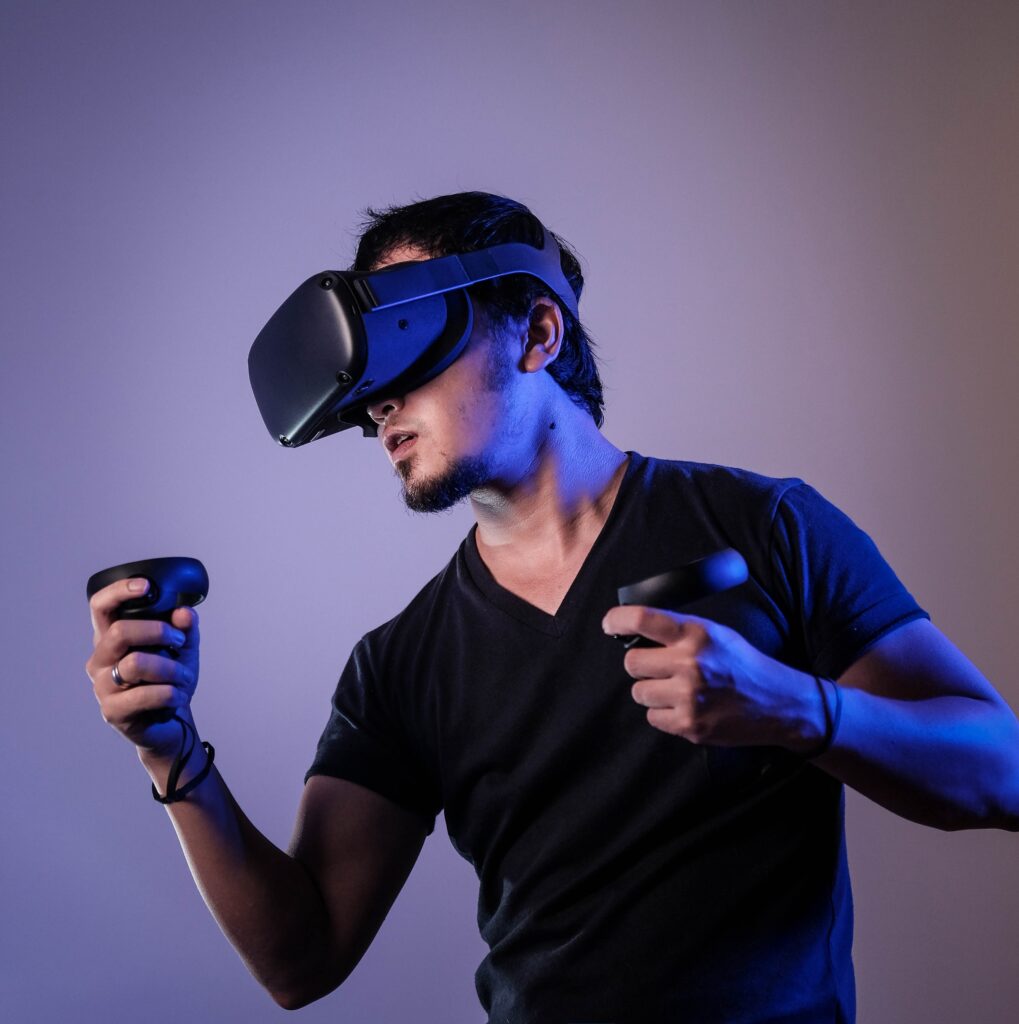
There are various AI applications in virtual reality (VR) products, including Oculus Quest 2, Sony PlayStation VR, and HTC Vive Pro. Here are some examples of how AI is used in these VR products
Oculus Quest 2
Oculus Quest 2: This VR headset uses AI-powered hand tracking, enabling users to control virtual objects with their hands without needing any controllers or external devices. The headset also uses AI for its room mapping feature, which helps create a virtual boundary for users, ensuring they stay within a safe playing area.
HTC Vive Pro

HTC Vive Pro: This VR headset uses AI-based technologies for its inside-out tracking system, which uses sensors to track the user’s movements and position in real time. The headset also incorporates AI for its eye-tracking technology, enabling users to control virtual objects with their gaze and providing more realistic VR interactions.
Sony PlayStation VR
Sony PlayStation VR: Sony’s VR headset incorporates AI-based technologies for its motion tracking system, which uses sensors to track the user’s head and body movements. The headset also uses AI algorithms to reduce motion sickness by adjusting the frame rate and image resolution based on the user’s movements.
Overall, AI plays a significant role in enhancing the immersive experience of VR products and making them more user-friendly and intuitive.
Gaming
Nvidia Shield TV, Xbox One X, and PlayStation 5 are all gaming products that use AI technology to enhance the gaming experience.
Nvidia Shield TV
Nvidia Shield TV uses AI to upscale lower-resolution video games to 4K resolution, resulting in a sharper and more detailed image. It also uses AI to improve the audio quality of the game, making it sound more immersive and realistic.
Xbox One X
Xbox One X uses AI to provide smoother gameplay by adjusting the frame rate to match the TV’s refresh rate. It also uses AI to enhance the game’s graphics by adding more detail and texture.
PlayStation 5
PlayStation 5 uses AI to reduce loading times by predicting what assets will be needed next and loading them in advance. It also uses AI to adjust the game’s sound effects to make them more immersive and realistic. Additionally, the DualSense controller uses AI to provide haptic feedback that enhances the feeling of immersion in the game.
Conclusion
AI products have undoubtedly made our lives easier and more convenient. These products have revolutionized our lives and work, from smart home devices to telemedicine. As AI technology continues to evolve, we can expect even more innovative products that will shape the future of our world.
FAQ
/
What are AI products?
AI products are devices, systems, or applications that use AI technology to provide advanced features and capabilities.
What are some examples of AI?
Examples of AI include virtual assistants like Siri and Alexa, self-driving cars, and facial recognition software.
Where is AI used in everyday life?
AI is used in everyday applications such as speech recognition, recommendation systems, and smart home devices.
What are 10 ways AI is used today?
AI is used in various healthcare, finance, transportation, e-commerce, cybersecurity, and other applications. Some examples include chatbots, image recognition, predictive analytics, and autonomous vehicles.
Disclaimer
Disclaimer: Some of the links on this blog may be affiliate links, meaning we may earn a commission if you make a purchase using these links. We only recommend products and services we believe in and have used ourselves. Any earnings from these links help to support the maintenance of this blog and the creation of new content. I appreciate your support!


